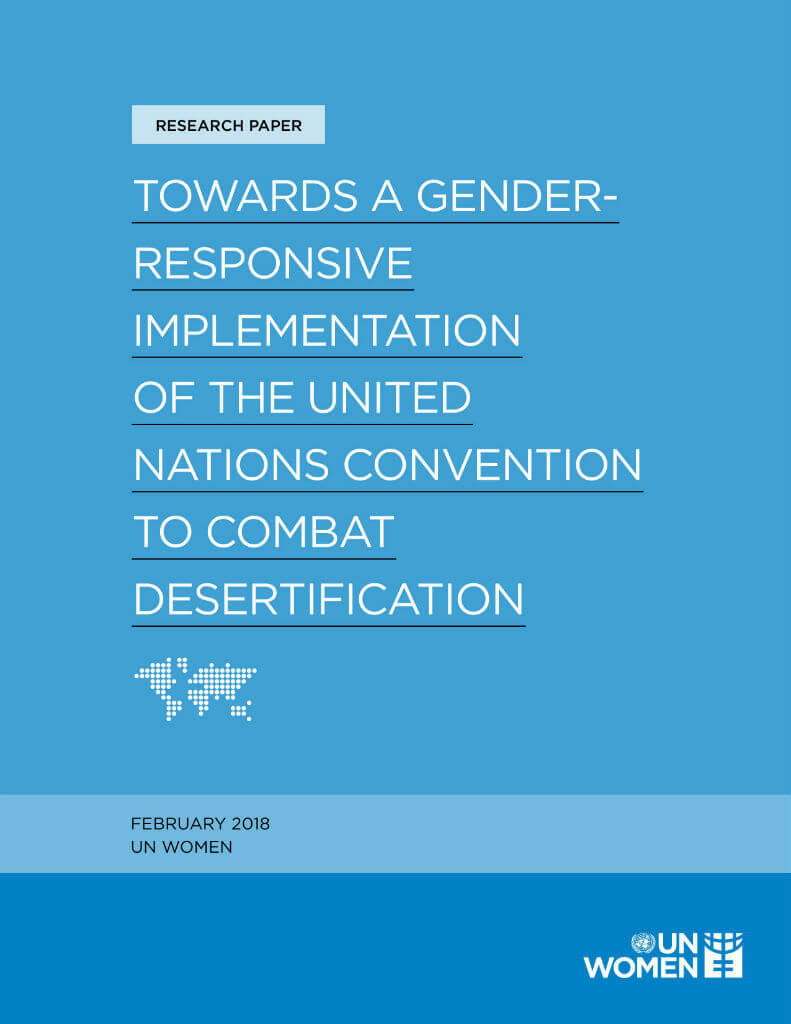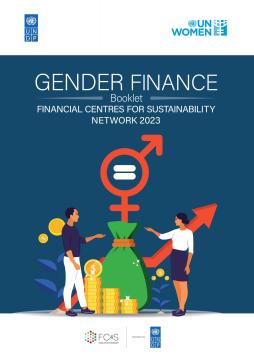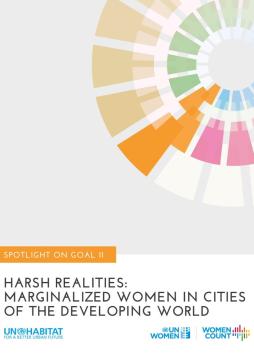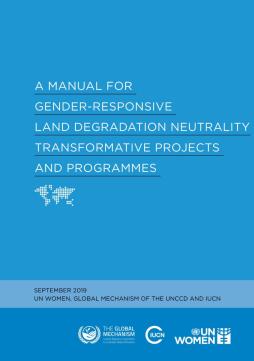Towards a gender-responsive implementation of the United Nations Convention to Combat Desertification
More than one third of the Earth’s land is currently degraded, affecting 2.6 billion people in more than 100 countries. Widespread and unprecedented land degradation, including desertification, threatens food production and biodiversity, contributes to climate change, deepens poverty, and induces displacement and migration.
In most developing countries, land degradation impacts men and women differently, mainly due to women’s unequal access to land, credit, extension services, and technology. Addressing the persistent gender inequalities that fuel women’s extreme poverty is therefore imperative.
Effective implementation of the United Nations Convention to Combat Desertification (UNCCD) and addressing land degradation more broadly require gender analysis. A gender-responsive, human rights-based approach must inform any policy, strategy or programme on land degradation and related issues.
This research paper served as basis for the capacity-building workshop on gender mainstreaming in the implementation of the UNCCD, co-organized by UN Women in 2017. It incorporates key takeaways from workshop case studies and outcomes from the 13th Conference of the Parties to UNCCD (COP 13) in September 2017.
The paper analyses key entry points for the integration of gender perspectives in norm-setting, in the implementation of the Convention, and in future work of Parties to the Convention and other stakeholders. Gender-responsive practices at local and national levels and trends from the implementation of other environmental Conventions are presented to highlight promising practices and lessons learned that can inform work on combating desertification and promoting gender equality and the empowerment of women and girls. The paper concludes with a set of recommendations for action.









